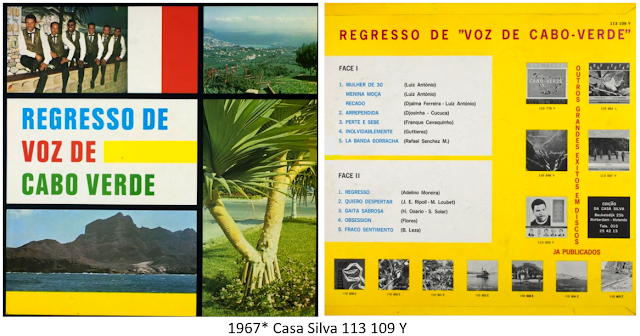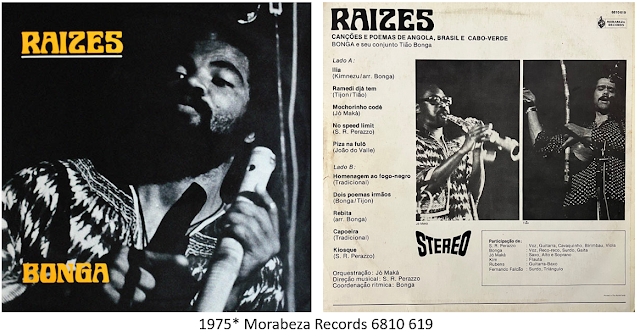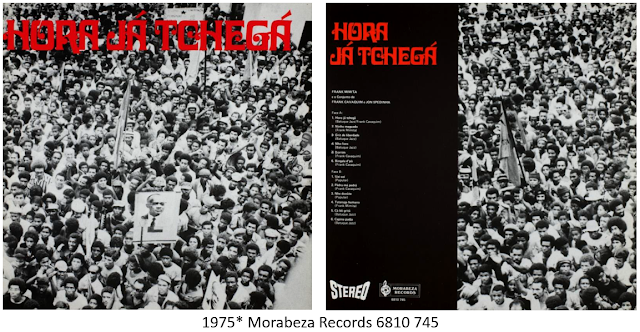
In the mid-1960s, Djunga de Biluca founded the now legendary record label Morabeza Records in my hometown of Rotterdam. Legendary, not only because of the important contribution the record label and Djunga Biluca made to the development of modern Cape Verdean music, but especially because of the important role both played in the Cape Verdean islands' struggle for independence.
♫ Audio: 1976 – “Fidjos de Ningem” (from LP Caboverdianos Na Holande)
More information about the label and its founder can be found at this link.
Caboverdeamusica: Djunga de Biluca
Below you will find the label's discography, which consists of some 15 45-rpm EPs and some 50 LPs.
DISCOGRAPHY: 7 inch EP's
DISCOGRAPHY: 12 inch LP's
































































